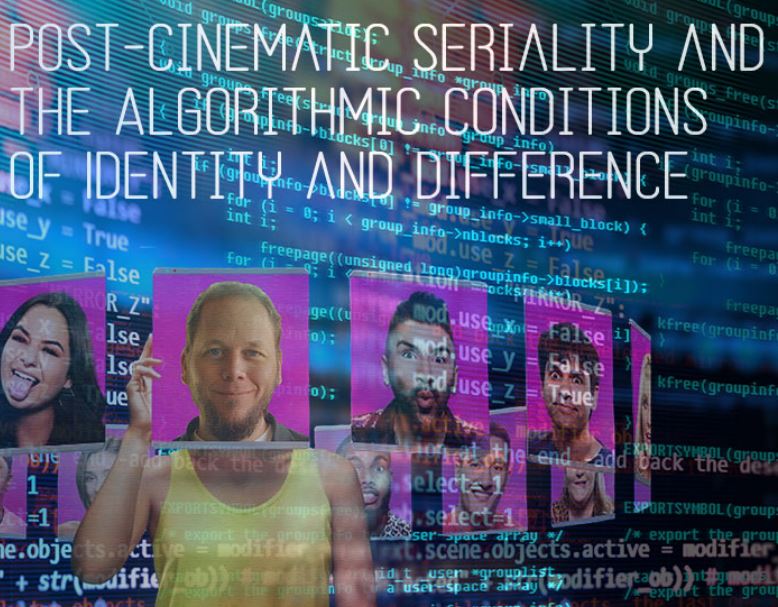Across literature, film, radio, television, and computational media, seriality and serialization have been important formal and narrative strategies for popular media cultures from the nineteenth century onward. Series mark out temporal trajectories that invite long-term integration into our lives, providing opportunities for ongoing identification/disidentification and accompanying our own biographical development over time. However, the temporal dimension shifts radically when we move from a cinematic media regime, based in the recording of past events, to a post-cinematic one, where predictive algorithms and related computational processes actively anticipate future developments, including our own desires and identifications. In such a media environment, individual and collective identities and differences (including those of gender and race, among others) are much more actively and minutely at stake. This presentation looks at several relevant examples and develops a theory of seriality for the post-cinematic age.
Shane Denson is Associate Professor of Film & Media Studies in the Department of Art & Art History and, by courtesy, of German Studies in the Division of Literatures, Languages, and Cultures at Stanford University. He is the author of Discorrelated Images (Duke University Press, 2020) and Postnaturalism: Frankenstein, Film, and the Anthropotechnical Interface (Transcript Verlag, 2014) and co-editor of the collections Post-Cinema: Theorizing 21st-Century Film (REFRAME Books, 2016), Digital Seriality (special issue of Eludamos, 2014), and Transnational Perspectives on Graphic Narratives (Bloomsbury, 2013).
This talk is brought to you as a collaboration between the Center for Inter-American Studies at the University of Graz and the Austro-American Society for Styria.
The talk will be on Zoom, on Wednesday, September 15, 7 pm CEST.
To receive your Zoom session key, please register at contact(at)digital-americas.at by 12 (noon) on September 15.
